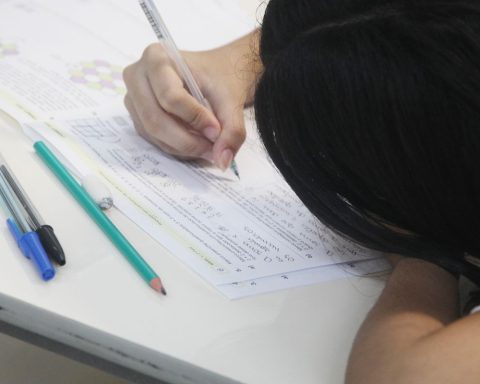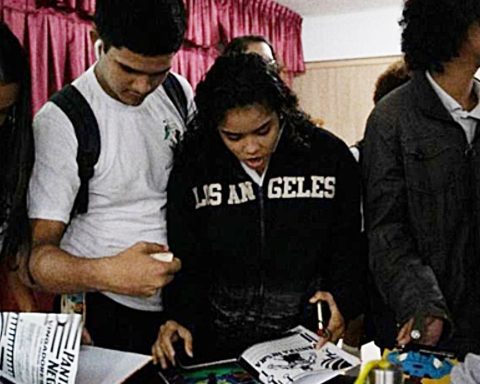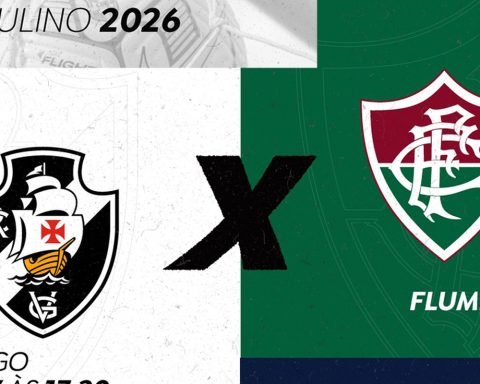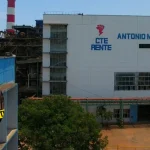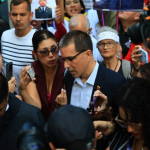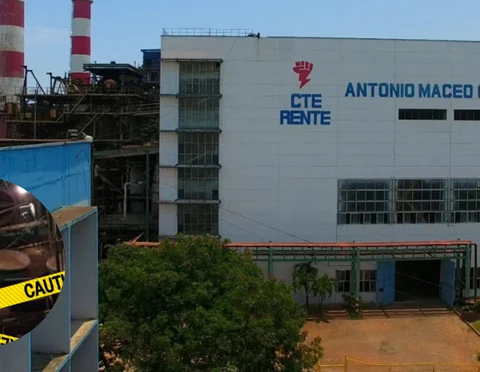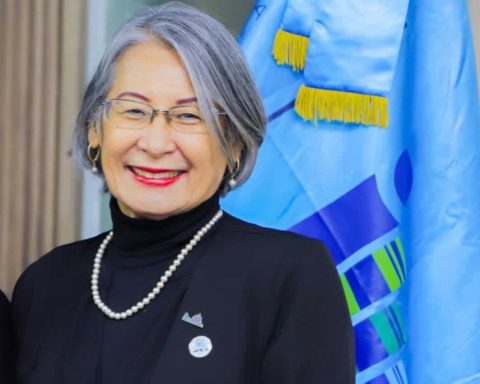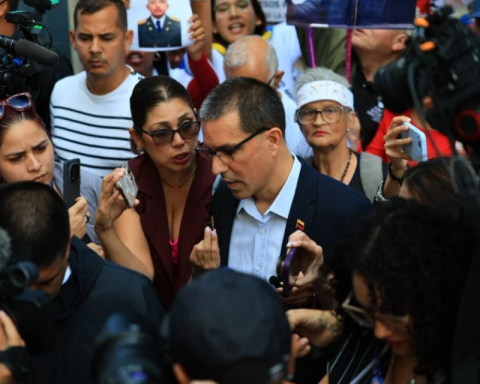The intensification of police repression and the news that the city of São Paulo intends to adopt a policy of forced internment have increased tension among people who frequent Cracolândia, in the central region of the city, according to specialists who work in this part of the capital. This would be, according to these professionals, one of the reasons for the turmoil last night (22), when there was a conflict between the Metropolitan Civil Guard (GCM) and homeless people and drug users who are concentrated in the neighborhoods da Luz and Santa Ifigenia.
Psychiatrist Flávio Falcone, who coordinates the Roof, Work, Treatment project, said that a group of people who frequent Cracolândia set fire to objects and set up barricades in the street due to the police violence promoted by the GCM throughout the day. “They made the flow [concentração de pessoas da Cracolândia] walk all day, non-stop. Prevented the distribution of lunchboxes [por voluntários]. They didn’t even let them sit down to eat lunch, “she said.
Still according to Falcone’s account, the situation caused a group to revolt and build barricades with fire on Rua dos Gusmões. “When it comes to 9 pm, they [GCM] throw bombs into the stream, and the stream reacts with the fire barricades. It is a reaction to the city hall having intensified police violence”, emphasizes the doctor.
Anthropologist and researcher Amanda Amparo says that police repression has intensified in the last four weeks, after the action that dispersed the concentration of people that was permanently on Rua Helvetia. “The logic of circulation has intensified a lot”, she says. In addition, there is news that the city hall intends to promote forced hospitalizations of drug users. “The idea of involuntary hospitalization is running. It’s all very tense, very scared, because of that,” she adds.
new program
Last January 11th, Mayor Ricardo Nunes said that a new program for the region of Cracolândia would be announced today (23). At the time, the municipal secretary of Health, Luiz Carlos Zamarco, said that public services had difficulties in promoting voluntary adherence of people with drug abuse problems.
In addition, Nunes defended, on the occasion, the actions in which the offer of health care is made after users are taken to the police station, where an occurrence record is made. Then the person is sent for a medical evaluation and referred to a detox facility.
Amparo, who has been researching precisely this form of action, says that these actions have not promoted an improvement in the quality of life of vulnerable people in the region. “There is no case of success mediated by public safety to reach the health equipment”, he points out.
For her, if forced hospitalizations become widely used, the situation tends to get worse. “There are going to be a lot of problems because of that, because people aren’t going to sit around waiting to be taken against their will,” she predicts.
The researcher believes that the ideal would be for policies for the region to be based on the housing offer. “When you talk to the users themselves, that’s what they say the most, that if they had a safer place to stay, they wouldn’t stay on the street”, points out Amparo.
The assessment is shared by Falcone. “Housing is a central issue in the lives of these people, in which the crack it is used to hide the real problem, which is social”, he says.
Today, the mayor attended a luncheon with the governor of São Paulo, Tarcísio Freitas, at Palácio dos Bandeirantes, seat of the government of São Paulo. According to the agenda of the head of the municipal executive, the participation of the deputy governor, Felício Ramuth, responsible for managing issues related to Cracolândia by the state government, in addition to the attorney general of the Public Ministry of São Paulo, Mário Sarrubo, and the president of the Court of Justice, judge Ricardo Anafe. However, no announcement was made.
Neither the state government nor the municipality responded to the report by Brazil Agency about the launch date of the new program.
Other side
Regarding the turmoil last night, the city hall says that the GCM went to Rua dos Gusmões after the road was closed by the people who go to Cracolândia. Still according to the note, the GCM was received with stones thrown by the group of people. “The situation was quickly controlled by the GCM staff and the road was cleared”, summarizes the statement regarding the operation.
The city hall also says that since December it has intensified patrolling in the region, increasing the contingent of municipal guards, motorcycles and vehicles. “The actions of the GCM aim to guarantee the protection of the local population, people in vulnerable situations and public agents of the Secretariats of Assistance and Social Development and Human Rights, Health and Municipalities during the execution of municipal services carried out in the region”, adds the note.


